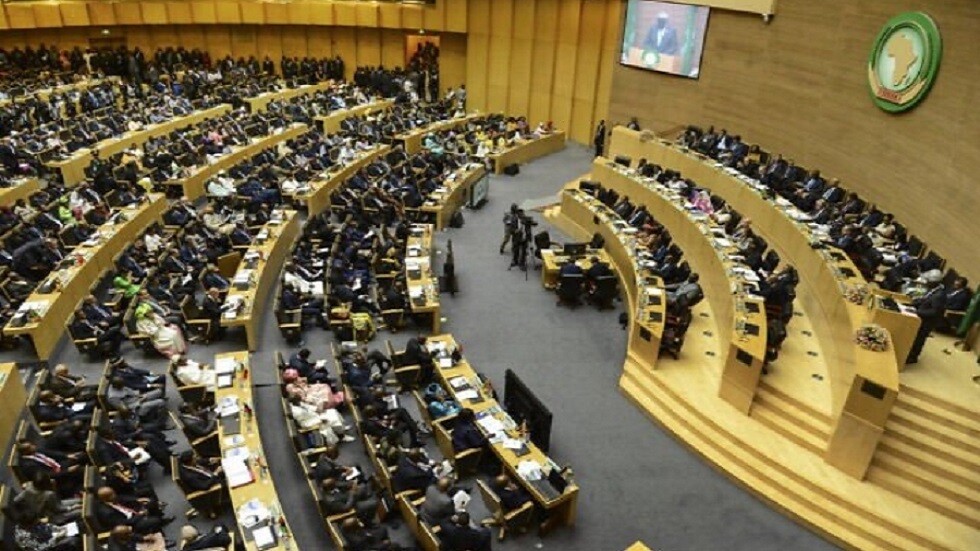The Civil Democratic Coalition of Revolutionary Forces “Sumood” announced that it held a meeting with a joint delegation from the African Union (AU), IGAD, and the European Union.
The coalition explained that the meeting, held in South Africa, was part of a consultative tour by the AU and IGAD to engage with Sudanese stakeholders in preparation for launching a political process and Sudanese-Sudanese dialogue to develop a shared vision to stop the war and achieve sustainable peace.
According to a statement from “Sumood,” the meeting featured extensive and transparent discussions in which the coalition presented its vision for ending the war, emphasizing the importance of neutrality and non-alignment of regional and international institutions with any party. The statement also stressed the need for Sudanese ownership and leadership of the political process, with international facilitation and support for a genuine and transparent dialogue.
The meeting reaffirmed the commitment to continue constructive discussions and cooperation between the coalition and the two regional organizations in a consistent and positive manner.
Representatives of the African Union and IGAD expressed their keenness to accelerate efforts to achieve peace in Sudan and to maintain ongoing constructive dialogue and cooperation with the coalition, according to the statement.
The statement also affirmed the coalition’s determination to continue mobilizing efforts domestically, regionally, and internationally to urgently achieve a humanitarian ceasefire to expedite the delivery of humanitarian aid to millions of Sudanese stranded by the war, and to reach a comprehensive and sustainable peace to end the prolonged conflict.
In a related development, a workshop organized by the “Sumood” coalition on human rights in Sudan, held in Kampala, Uganda, recommended establishing a civilian human rights observatory to document all human rights violations in Sudan, particularly those committed during the Sudanese conflicts that have resulted in severe violations of human rights and the country’s infrastructure.
